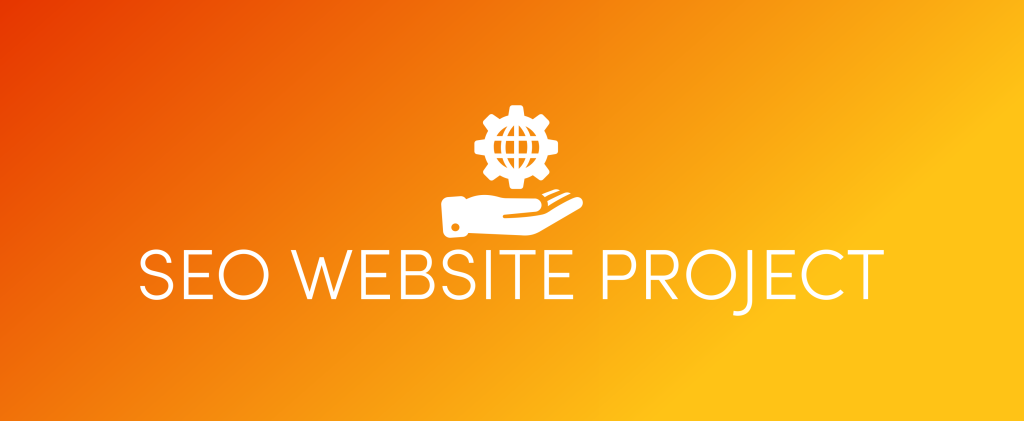Many of us reach a stage in our careers as SEO professionals where we feel a little stagnant.
We’ve been optimizing the site for a while and feel pretty confident that we can do well… but there’s a nagging thought that there’s still a lot we can do.
That there is another layer of skill set that will make us more efficient, employable, and confident.
In this article, you will discover 10 skills that can improve your SEO competence.
This isn’t necessarily an essential skill for all SEO experts (you’ll find them here).
But developing these advanced SEO skills can help you dive deeper into your specialty, become a more knowledgeable marketer, and also earn you a new salary or freelance rate.
Contents
1. Intent Analysis
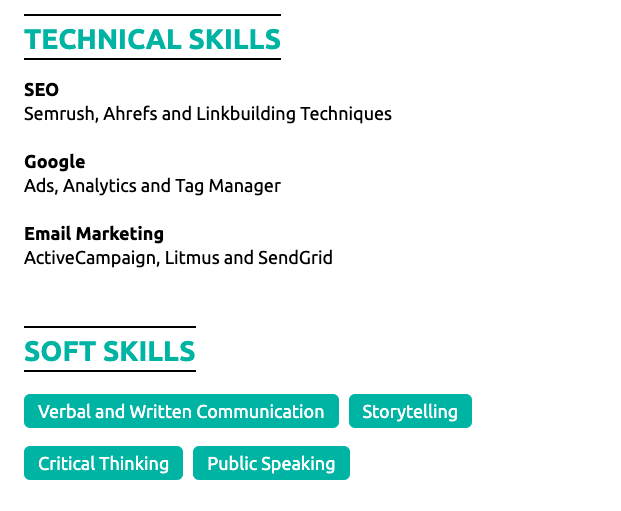
Intent analysis is the deciphering of user intent behind the keywords they enter into search engines.
When someone types [pizza restaurant] into a search engine, what do they expect the end result to be?
Do they want to know what pizzerias are around?
Are they in the market to open a pizzeria?
Are they looking for work in a pizzeria?
Developing your understanding of the psychology behind what searchers want is an essential skill for those looking to go further in their SEO competence.
This will help both of you meet the needs of the user when they hit the page and also increase the likelihood of your page ranking in their search.
However, it can’t just stop there.
You also have to understand what search engines want from the content they are looking for.
For example, from my location in the United Kingdom, if I search for [pizza restaurant] on Google from my desktop device, I get mixed results.
I get the option to click to search on another website:
Screenshot from Google search [pizza restaurant], January 2022
This was followed by Map Packages and then a mix of review and editorial sites and restaurant websites.
If I try to rank a website about the history of pizzerias in my country, I might have a hard time.
Google has identified user intent as either navigation – wanting to go to a local restaurant – or comparative, such as wanting to compare options in a local area.
Resources To Learn More
2. Coding
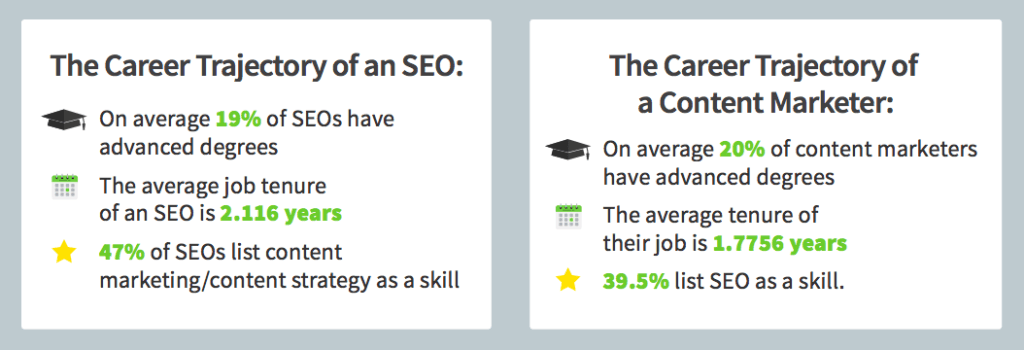
There’s no doubt that understanding HTML, CSS, and JavaScript can help you ensure your website is set up in a bot-friendly way.
While an SEO expert doesn’t have to be a full-fledged developer, having an understanding of the code can help you identify issues with rendering, indexing, and crawlability.
There are times when knowing the basics of how code is generated, or being able to read existing code, can help with your SEO.
This can help with your communication with developers who may need to change it.
This can help you demonstrate incremental improvements to your site’s performance.
Learning to code is not a prerequisite for SEO, but it can be said that knowing the basics of these three commonly used languages will prepare you well for your career.
Understanding code syntax, how it’s structured, and the ability to see how elements relate to one another can also help you get better at writing and debugging schemas.
Learning Python and SQL can also help you streamline your SEO process by allowing you to automate labor-intensive activities like URL redirect mapping and keyword research.
Resources To Learn More
3. Understanding Server Management
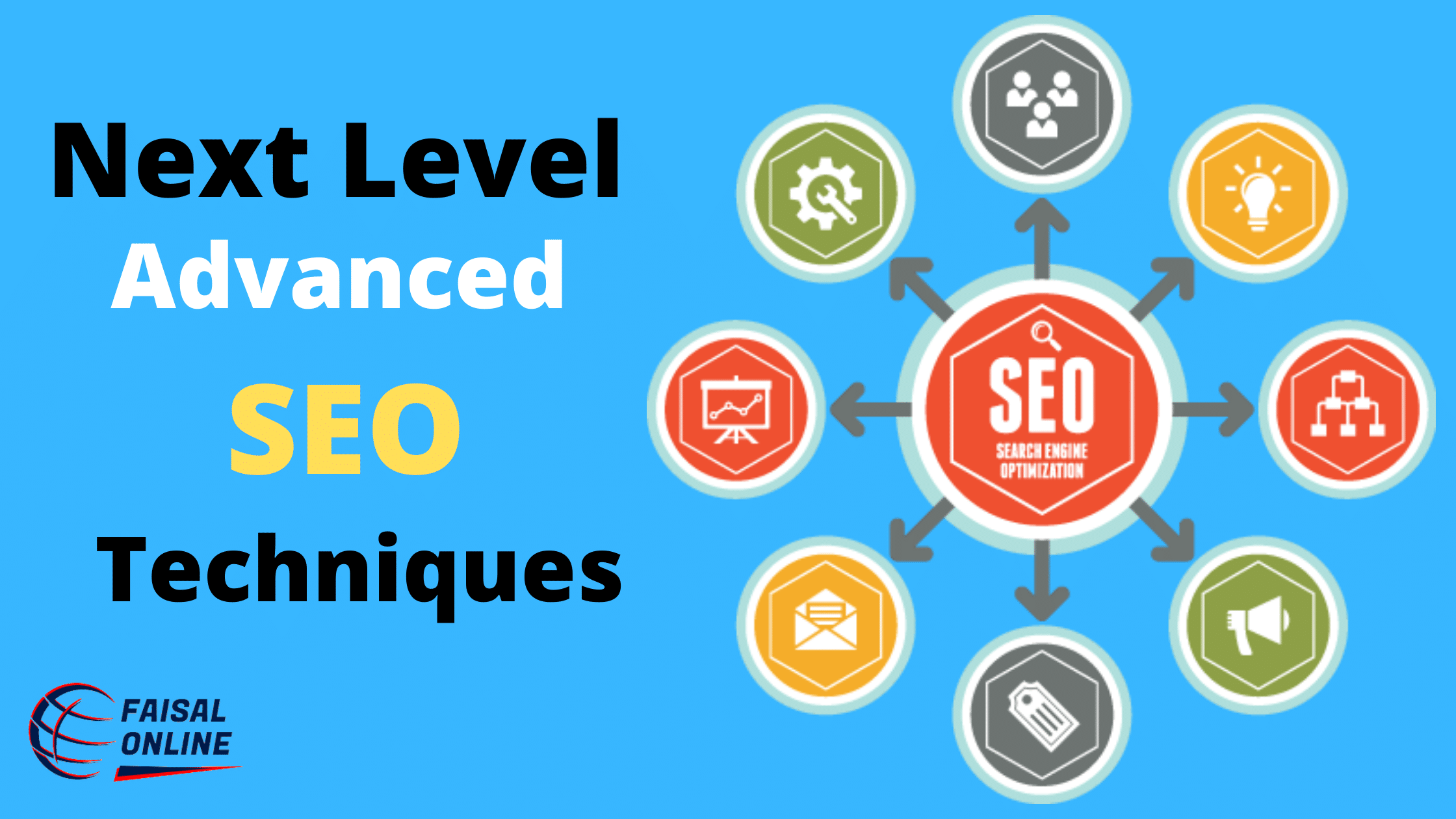
No SEO professional is really responsible for ensuring that the server can handle the load of visitors to the site.
However, understanding the basics of how servers can affect crawlability, load speed and website reliability can push your technical SEO understanding forward.
Using a CDN instead of a static server can help speed up content loading, but without understanding the limitations of fixed-location servers, it can be hard to argue about the need for a CDN.
A better understanding of how web hosting can affect the user experience on your site as well as Google’s ability to access it is necessary for a strong technical SEO foundation.
You need to understand how aspects such as uptime and location can impact your site’s performance on search engines.
This is just the beginning of how knowledge of servers can help with your SEO efforts.
Better knowledge of server code beyond the standard 404 and 301 can help you communicate with those in charge of your server if there is a critical issue.
Found a previous 504 status code?
Otherwise, this might be a quick and easy area for you to brush up on your knowledge.
A 5XX status usually means that something is wrong with the server preventing the processing of requests from clients.
A simple way to find out what the status codes mean is to look at httpstatuses.com.
From here, you can identify whether it’s a problem with the client or the server and find a suitable fix.
Resources To Learn More
4. Content Writing
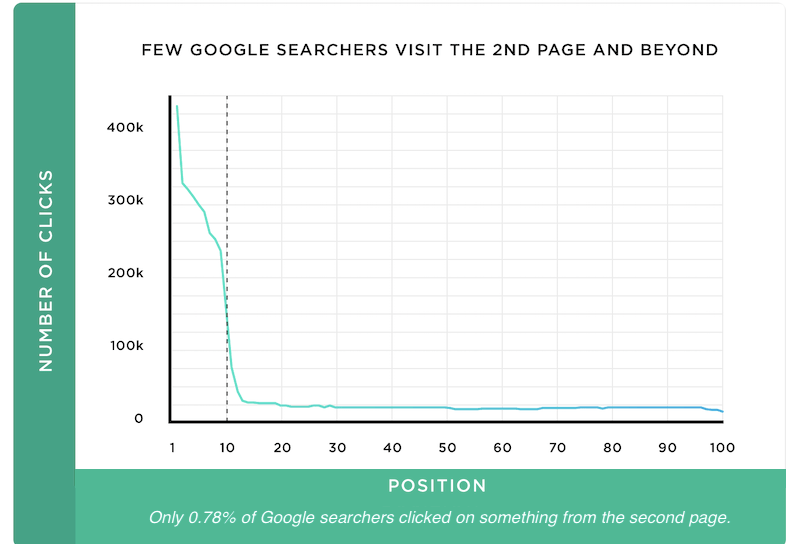
Understanding the content writing process is an essential element of advanced SEO.
You may not be a great wordsmith yourself.
However, in order for you to provide better direction in copywriting to your colleagues, you need to understand what is part of good writing.
It is not enough to know that the copy must be attractive and have sufficient relevance for the search terms used to find it.
Get to know the process your copywriter goes through in researching, writing, and editing their work.
This will help you to better understand your own copy request.
Editing
Editing is another good skill to develop when working with content.
In many organizations, it is the job of the SEO specialist to take content created by others and optimize it further for search engines.
In practice, this unfortunately often results in well-written copies being slaughtered.
Adding keywords into the first few paragraphs to make them more keyword rich might help you a little with your rankings, but it could destroy your conversions and brand loyalty.
Learn how to take well-written copy and enhance it, not destroy it.
You may also benefit from having a conversation or two with your SEO copywriter and asking for details of their process.
A better understanding of how they do copywriting can improve your skills.
It can also streamline your processes while working together.
Resources To Learn More
5. Reporting
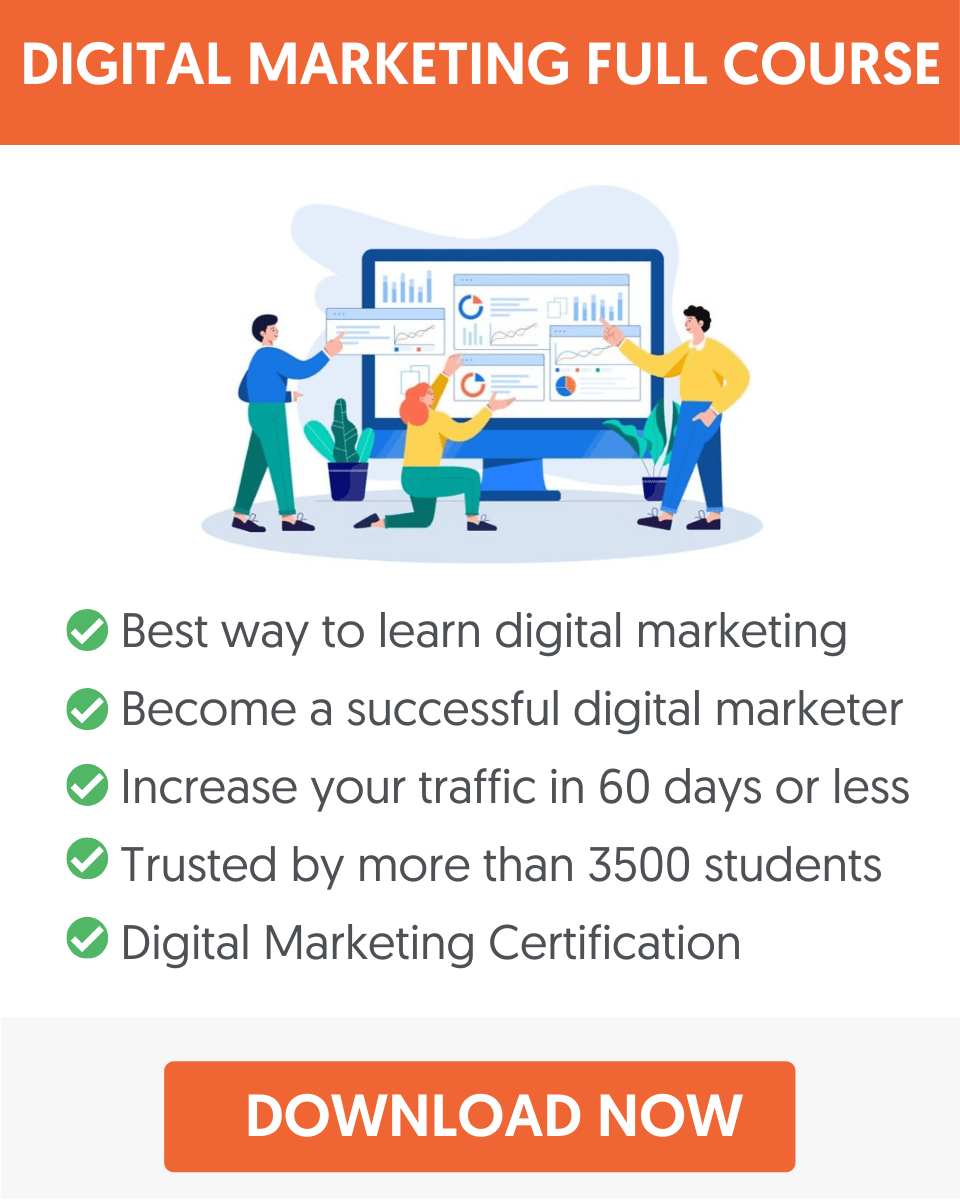
Being able to communicate your progress, results and rationale with the experts behind your SEO work is critical to being successful in this industry.
As an SEO expert, you always match stakeholder needs and expectations, whether you work for a company, on the agency side, or freelance.
You’ll find support and budgets a lot easier if you know how to demonstrate the impact of the work you do.
Reporting is not just a case of adding labels to charts or even logging the causes of increases and decreases.
Really good SEO reports allow readers to understand the context of the results, draw conclusions and make business decisions from them.
SEO professionals need to be really good at helping stakeholders understand the priorities and limitations of their recommended work (as well as mistakes to avoid when reporting).
They also need to help interested parties identify how the work will benefit them through data visualization and their long-term goals.
All of this can be achieved through well-crafted, clear and honest reports.
Resources To Learn More
6. SEO Forecasting
Similar to the need to become an expert at explaining past results, experienced SEOs need to develop the ability to calculate likely outcomes.
SEO forecasting is a complicated science.
There are many external factors that are difficult to isolate and predict.
Changes in competition, markets, or the political situation can all cause well-thought-out estimates to go awry.
We should not force ourselves to accurately predict the exact volume of traffic, or visibility, that our work may get.
However, being able to put reasonable estimates and possible ranges into our recommendations can make budget holders much more confident in our proposed work.
It is not enough to shrug and cross fingers when asked about results.
We often ask for a lot of time, money and resources for recommended activities.
SEO Forecasting is a skill that not only sets you apart when looking for new roles or opportunities, but also significantly increases the quality and reliability of your work.
Resources To Learn More
7. Log File Analysis
Log file analysis is the process of understanding records of who or what has accessed your website.
They can tell you when people have visited the page as well as what device they used to do so.
They can also notify you when bots access your website.
This is very helpful in understanding Googlebot and other search engine crawler behavior on your site.
By analyzing log files, you can better understand what pages search engine bots can or cannot access.
You can identify where there may be spider traps on your site or the frequency with which certain parts of your site are crawled.
Log files can seem intimidating if you don’t spend a lot of time around them.
Luckily there are some great tools available that make analyzing them a lot simpler than just wading through bare log files.
Understanding what to do with information once you have it is a real skill. If you know that certain areas of your site are rarely crawled by Google, that should inform your next technical SEO steps.
This will raise questions about your internal linking structure.
Getting to know log files is a great first step, but to improve your skills, make sure you analyze the files and draw actionable conclusions from them.
Resources To Learn More
8. Website Migrations
Being good at planning and executing a website migration is not easy. It really takes experience.
Many SEO professionals who have worked exclusively on the brand side may find that they don’t have the opportunity to do many website migrations.
If you’re dealing with something really complicated, like merging multiple websites, it can be quite daunting.
Chances are if you have spent any length of time at an SEO agency, you will migrate a website or two.
It may be a smooth process but there are likely to be unforeseen complications that make processing time and resources time consuming.
It’s really not just one or two skills involved in website migration.
They are usually a complicated mix of stakeholder management, communication, planning, process driving, technical understanding, and knowing when to say no.
But the skills you develop during website migration will help you immensely with the rest of your SEO career.
Participate in one if you get the chance.
This can give you a great (albeit high-pressure) opportunity to see several moving parts of SEO at once.
Resources to learn more:
9. Optimizing For Other Search Engines
If you really want to improve your SEO skills, you may want to look further than Google.
We often fall into the trap of thinking only about traditional search engines when discussing SEO skills.
If we limit our training and experience to just this then we could be missing out on a much bigger opportunity.
Traditional International Websites
Many search engines work on the same principle, but with their own special nuances.
The more common traditional search engines outside your home region may be unfamiliar to you.
There are some great resources available to help you start to understand the difference between them and the search engines you are more familiar with to optimize for.
However, nothing beats practice.
If you want to sharpen your knowledge and understanding of foreign search engines, then you need to try ranking sites in them and see what works and what doesn’t.
YouTube
For a search engine like YouTube, the mechanics may be more familiar to you.
However, you still need to learn more about the algorithms at play to ensure you are doing the right activities to optimize your video content for the platform.
Other Non-traditional Search Engines
Don’t just stop at YouTube if you really want to improve your SEO skills.
Take a look at some of the other search engines, like Pinterest and TripAdvisor.
These sites may not be up to your current duties as an SEO expert.
Yet they are still search engines where you can influence the success of your content.
Resources to learn more:
10. International SEO
One of the most complex projects that may involve SEO usually includes an international element.
This is a tricky task as there are many factors at play.
To optimize your website for an international audience, you need to use technical SEO, digital PR and on-page optimization skills.
There will be a variety of questions that you will need to ask yourself when you are considering expanding your website to an international audience.
This would include questions about site structure – separate sites, sub-folders, or sub-directories?
Do you want to translate or localize content? Do you want to target geography at the site or page level?
There is a lot of strategy and technical knowledge required to get international SEO right.
You may also need certain language skills or sources of local knowledge.
Google has helped create an introduction to managing multi-region websites. This is a good place to start identifying the types of questions you should be asking.
You can also use it as a starting point for further training or research.
This can help deepen your knowledge of the subject and sharpen your skills.
Resources to learn more:
Conclusion
These are just some of the skills you can develop to become a more pragmatic SEO professional.
Even if you don’t want to learn them all, it’s good to have an understanding of what they are.
What’s more, how they can help complement your skills as an SEO expert.
Featured Image: Alexander Supertramp/Shutterstock
